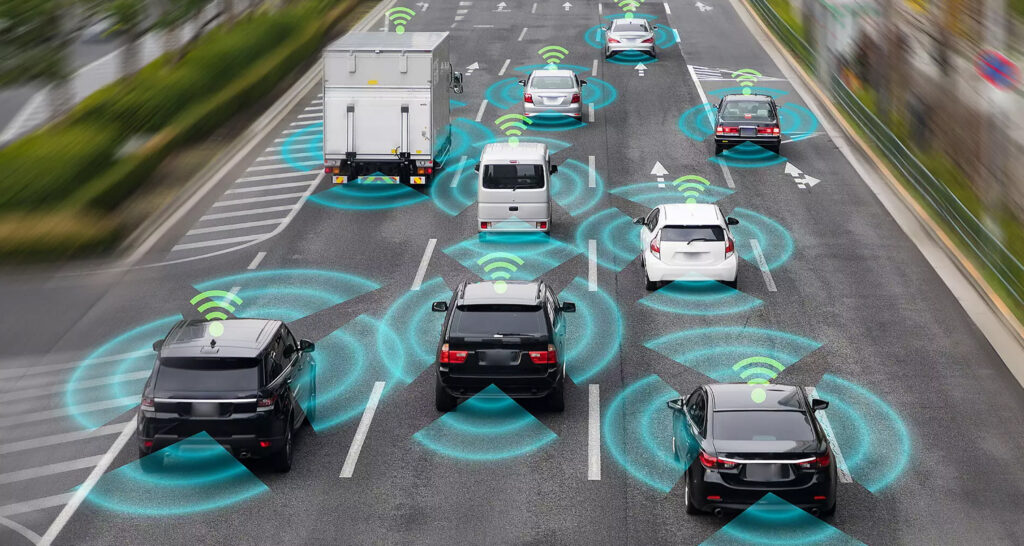In an era defined by interconnectedness and technological innovation, the automotive industry stands at the forefront of a profound transformation. The advent of connected cars, heralded by the integration of Internet of Things (IoT) technology, is revolutionizing the way we perceive and interact with vehicles. No longer mere modes of transportation, cars are evolving into intelligent, networked devices capable of communication, analysis, and adaptation.
The Rise of Connected Cars

Definition and Overview
Connected cars represent the integration of Internet of Things (IoT) technology into automotive systems, transforming vehicles into smart, interconnected devices. This integration allows vehicles to communicate with each other, with infrastructure, and with external services, creating a networked ecosystem within the automotive industry.
Benefits of Connected Cars
- Improved Navigation: Connected cars leverage real-time data to provide accurate navigation, helping drivers find the most efficient routes and avoid traffic congestion.
- Real-time Diagnostics: These vehicles continuously monitor their performance and can alert drivers and service centers to potential issues before they escalate, improving maintenance efficiency and reducing breakdowns.
- Remote Control Features: Connected cars offer remote access and control functionalities, enabling owners to lock/unlock doors, start engines, and adjust climate settings using smartphone apps, enhancing convenience and security.
Examples of Connected Car Technology
- Telematics Systems: These systems collect and transmit data related to vehicle performance, location, and driver behavior, facilitating fleet management, insurance telematics, and stolen vehicle recovery services.
- Vehicle-to-Vehicle (V2V) Communication: V2V communication allows vehicles to exchange information about their speed, position, and direction, enabling cooperative collision avoidance and traffic management.
- Infotainment Integration: Connected cars feature multimedia systems that offer internet access, streaming services, and smartphone integration, providing entertainment and connectivity options for passengers.
Challenges and Concerns
- Cybersecurity Risks: The increased connectivity of vehicles makes them vulnerable to cyberattacks, including hacking attempts targeting control systems, data breaches, and ransomware attacks.
- Privacy Concerns: Connected cars gather vast amounts of data about drivers’ habits, locations, and preferences, raising concerns about unauthorized access to personal information and potential misuse by third parties.
- Reliability and Dependency: As vehicles become more reliant on software and connectivity, concerns arise about system reliability, software bugs, and network outages affecting critical functions like braking and steering.
Future Trends and Advancements
- 5G Connectivity: The rollout of 5G networks will enhance connectivity speeds and reliability, enabling more advanced features like real-time video streaming, remote vehicle control, and cloud-based services.
- Autonomous Driving Integration: Connected cars will play a crucial role in the development and deployment of autonomous vehicles, enabling data sharing between vehicles and infrastructure to support safer and more efficient self-driving operations.
- Artificial Intelligence (AI) Integration: AI-powered systems will enhance the capabilities of connected cars, enabling advanced features such as predictive maintenance, personalized driving experiences, and context-aware assistance.
- Ecosystem Integration: Future advancements will focus on integrating connected cars into broader IoT ecosystems, enabling seamless interactions with smart homes, smart cities, and other connected devices.
The rise of connected cars represents a significant technological shift in the automotive industry, offering numerous benefits while also posing challenges related to cybersecurity, privacy, and reliability. However, with ongoing advancements and innovations, connected cars hold the promise of revolutionizing transportation and driving experiences in the years to come.
